Change in Canada’s study permit rules to benefit Indian students
The recent immigration policy of Canada is focussed on high calibre international students interested to pursue graduate studies including masters and PhD degrees in Canadian universities.
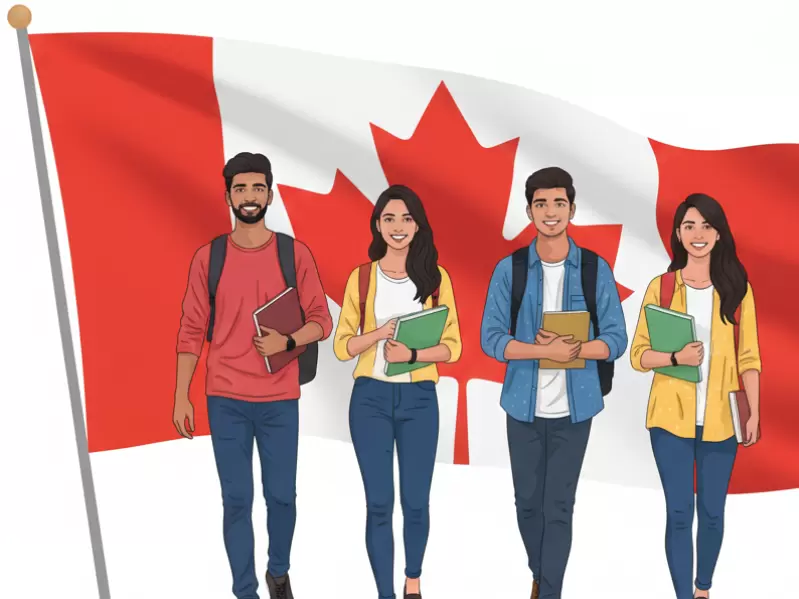 Representative image / AI generated
Representative image / AI generated
Over the past few months, the rejection of thousands of study permits by the Canadian government has hit Indian students hard. In recent years, India has been one of the primary sources of international students for Canada, with many Indians having chosen Canada as their preferred study destination. Hence the Canadian government’s decision to cut student visa numbers is likely to significantly impact thousands who were planning to make Canada their campus destination.
However, there are some categories of students who are likely to benefit from Canada’s recent immigration policy changes. The recent immigration policy of Canada is focussed on high calibre international students interested to pursue graduate studies including masters and PhD degrees in Canadian universities.
Graduate students for masters and PhD at public designated learning institutions will now be exempt from the provincial attestation letter (PAL) or a territorial attestation letter (TAL) requirement starting January 2026. This will make the visa process easier and faster. Doctoral applicants applying from outside Canada will have a 14-day processing guarantee and they can apply together with families.
“We see a higher visa refusal rate for international students planning to pursue undergraduate diploma programmes at colleges but good visa approval for students planning to pursue graduate studies. I think Canada is trying to attract high calibre students like the US. In the past, the trend was that of top calibre international students interested in bachelors and master’s degrees preferring the US universities while around 70 percent of Indian students coming to Canada joined up two-year undergraduate diplomas in colleges.
ALSO READ: Canada rejects a third of Indian student visas
Besides, the current high visa refusal rate is to stop the increase in temporary residents in Canada,” says Gautham Kolluri, a regulated Canadian immigration consultant (RCIC) and CEO CIP Study Abroad & Immigration Experts.
In the past, Canada has provided a pathway to Indian students to permanent residence and later citizenship. But now with changes in immigration policy, it is important for Indians planning to study in Canada to understand the future prospects, feel experts. “It is better for Indian students to study their bachelors degree after Class 12 in India rather than enrol for undergraduate diplomas in Canada unless they are planning to pursue a career in skilled trades.
A four-year bachelor’s education will provide a strong foundation for a better future career and studying in India is more affordable,” feels Kolluri. He further advises that Indian students need to get one to three years’ work experience before going to Canada to pursue studies. “The current global market is tough and it will be very difficult for freshers without work experience to get jobs. It is especially difficult for IT graduates as AI has completely made entry-level jobs redundant.
The Canadian immigration system is also more competitive now and international graduates with bachelors and one to three years of work experience in India will have high points in the Canada Express Entry system, thus higher chances of achieving PR in Canada,” says Kolluri.
Thousands of Indians have moved to Canada over the past decade and many students who are looking at Canada as a destination for higher education have family connections, relatives, friends, or siblings there to provide them with moral and financial support. Additionally, the availability of post-study work permits and pathways to permanent residency had made Canada an attractive option.
“However, with the new restrictions affecting certain categories of international students, the impact on diploma and undergraduate students will be substantial. It’s important to note that this isn’t the end of the road for Canada. Historically, countries often adjust their immigration and student recruitment policies based on demographic needs and job market requirements. It wouldn’t be surprising if Canada reverses this policy in a couple of years.” says Ajay Sharma, president of Abhinav Immigration in New Delhi.
The recent cap on temporary foreign work permits, announced by the Canadian government, will also impact Indian students and professionals in Canada and those on existing work permits might face challenges if their permits are not extended. “The easiest path for Indians moving to Canada might currently be through the start-up visa, particularly for professionals and entrepreneurs with viable projects accepted by priority designated organizations. Professionals in healthcare, construction, and specific STEM fields will continue to be preferred, especially if they can also speak French,” says Sharma. He adds that provincial direct PR pathways of Nova Scotia and Saskatchewan and Manitoba’s rural community immigration pilot (RCIP) could also provide pathways.
Early this year, Immigration, Refugees and Citizenship Canada announced the selection of some communities across Canada to participate in the RCIP programme which is a federal economic immigration pilot program that allows eligible businesses to hire a foreign worker from outside of Canada for eligible positions or to support an existing employee who is on temporary status to gain permanent residency. A provincial direct PR pathway is a Canadian immigration route for an applicant to a province or territory for a nomination based on their specific economic and labor market needs, after which they can apply for permanent residence.
“A positive takeaway from Canada’s recent budget is that the provincial immigrant quota has been almost doubled,” says Sharma.
The recently launched accelerated pathway to Canadian residency is also attracting several Indians on H-1B visas in the US who are facing long Green Card delays. “For those on H-1B visas, uncertain about their green card or visa extensions, Canada might become an alternative, especially with the accelerated pathway to Canadian PR. There is speculation that many who switch to Canadian PR might end up taking American assignments while working remotely, given that salaries in Canada are generally lower than in the USA for the same skill sets,” Sharma says.
IRCC’s recent decision on mass cancellations of visas for trade class workers, with thousands of applications being returned unprocessed, is also cause for concern among many Indians. “The cancellations are due to ambiguities and the inability of the IRCC to handle the volume of applications. This could eventually lead to a more streamlined process with clearer timeframes once the backlog is cleared,” Sharma feels.
ADVERTISEMENT
ADVERTISEMENT
E Paper
Video




1747754650.png) Ishani Duttagupta
Ishani Duttagupta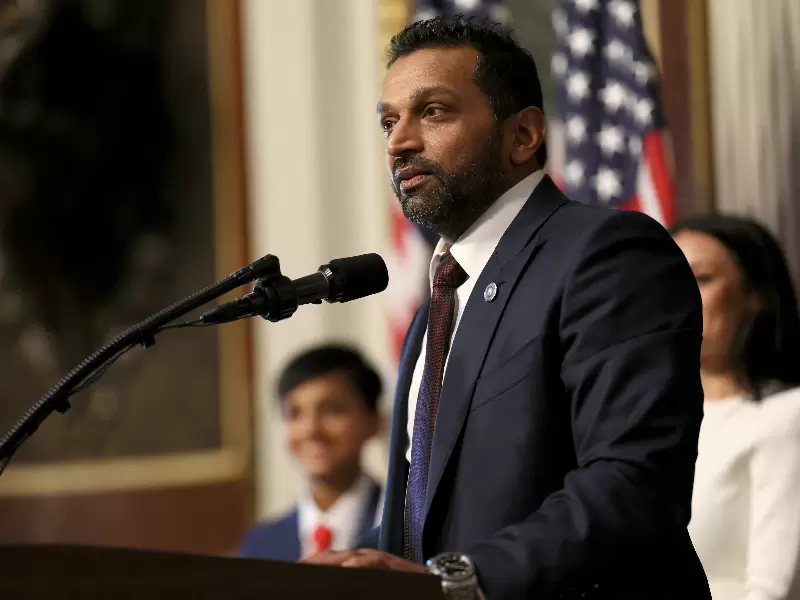


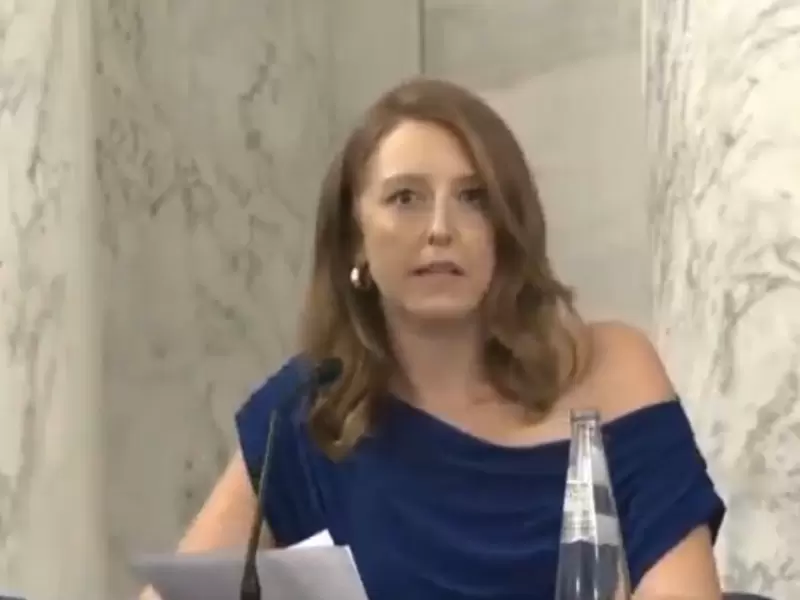
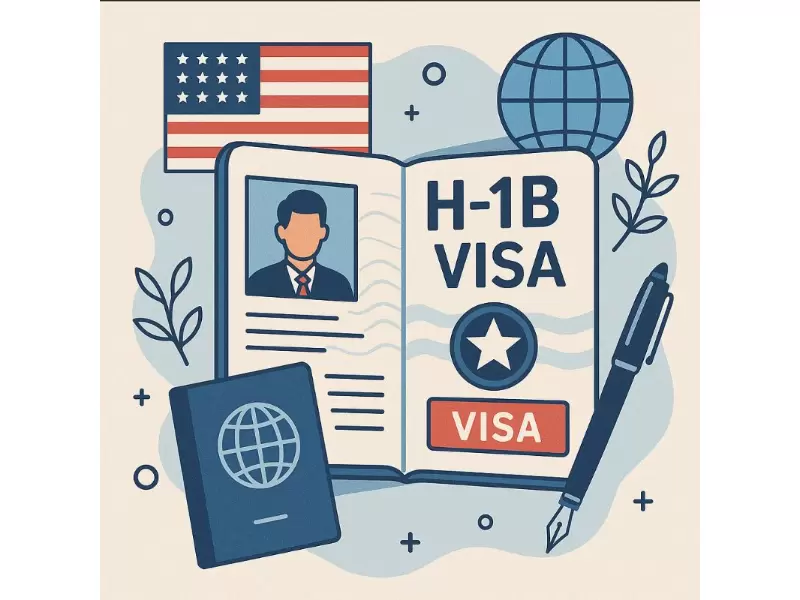
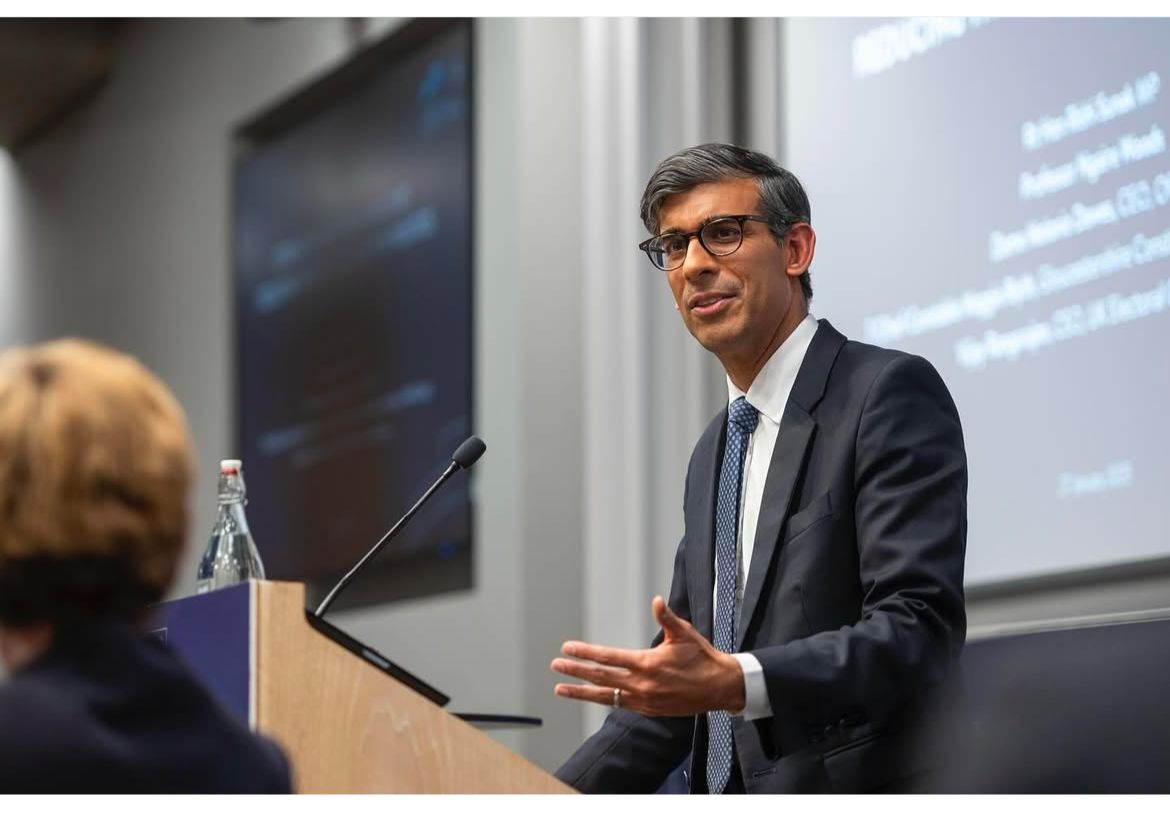
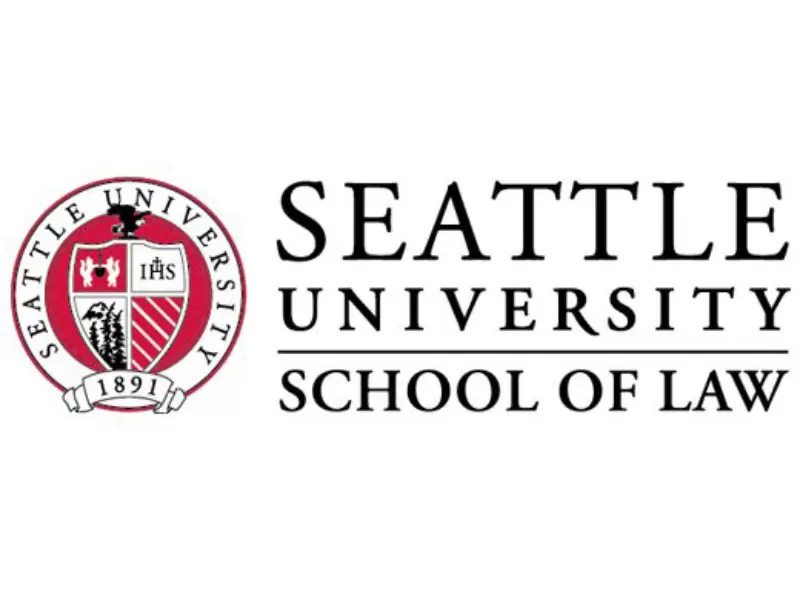
.jpg)






Comments
Start the conversation
Become a member of New India Abroad to start commenting.
Sign Up Now
Already have an account? Login